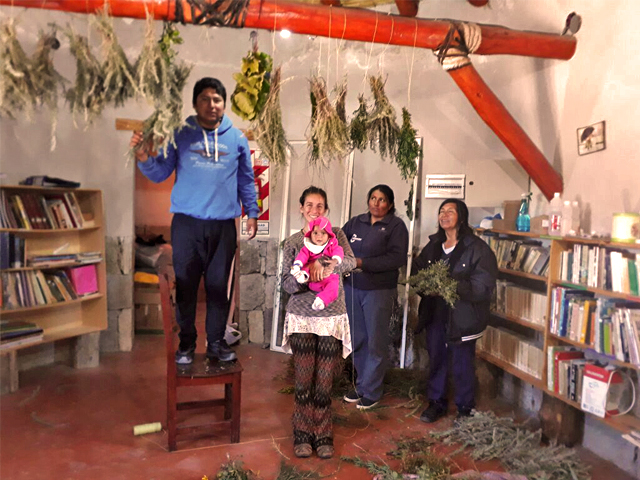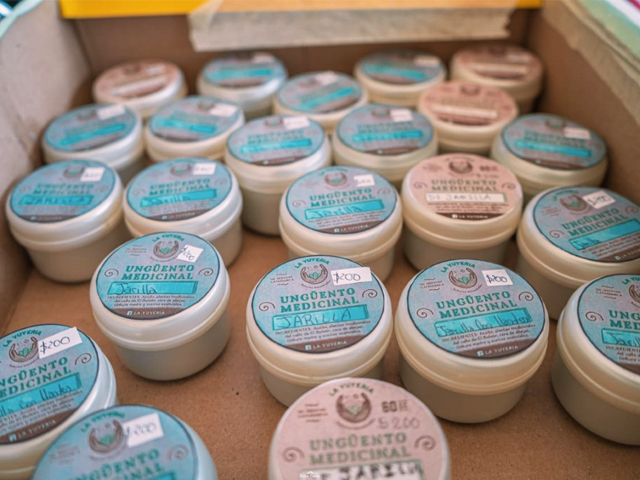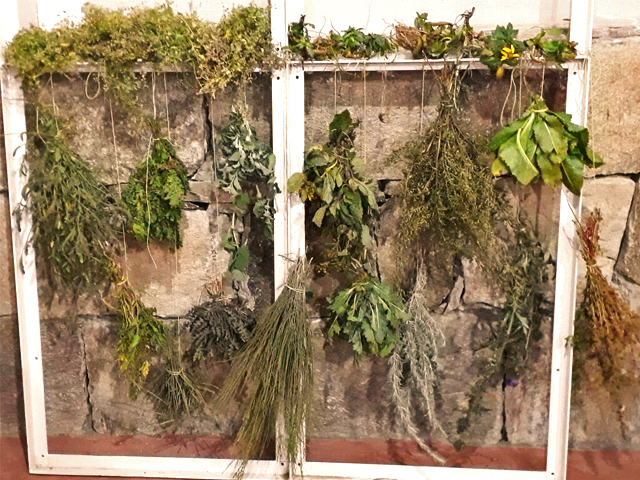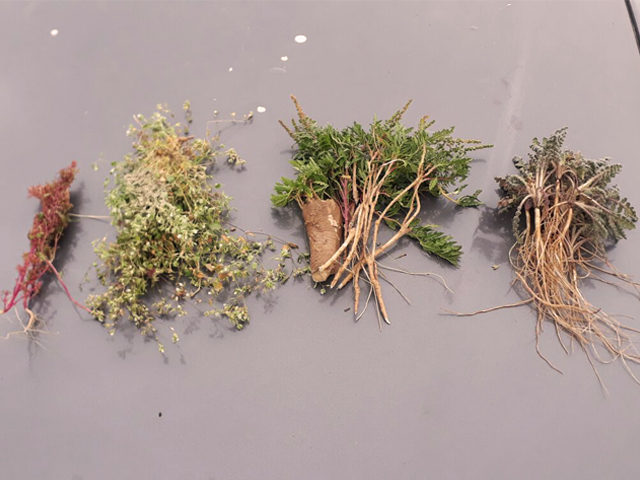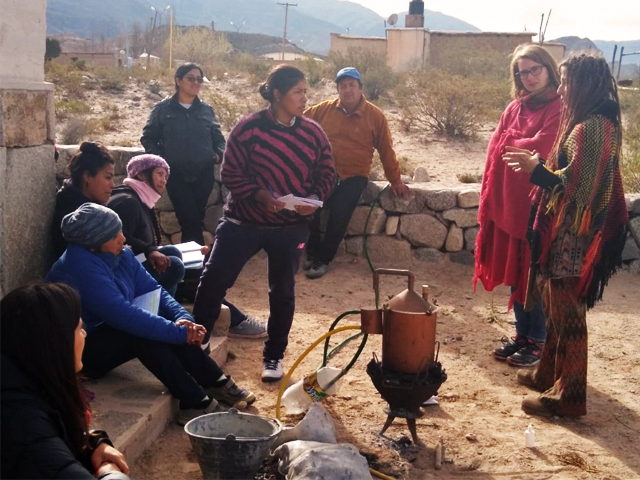Ancestral Herbs for Good Living
Ancestral knowledge of the uses of local plants and the associated medicinal practices have changed in recent years, partly due to the increased availability of western hegemonic medicine, the advice provided by medical practitioners, and the changing perspectives of youngsters as they are increasingly integrated within wider social and cultural experiences outside the local area. In this context, the La Yuyería project (Ancestral herbs for Good Living), initiated in the Rural Community Museum in 2017, has been useful to integrate concepts and revalue the knowledge of their grandfathers and grandmothers, and the benefits of their territory. Local dwellers have strong ties with the plants in their territory, and the project helped to re-energise knowledge that was dormant, inspiring young people, adults, and grandparents to work together in a variety of activities. La Yuyería quickly became a space for storytelling, improving the learning context about the benefits from various plants and sustaining the daily link with the remedies of their hills.
The project continues to grow on two fronts: firstly, by recovering the intergenerational transmission of this knowledge to keep these practices alive and, and secondly, by expanding participants’ knowledge with bibliography and exchanges with academic circles, learning new techniques for the elaboration of products, and integrating traditional recipes with scientific formulations, to create a range of wellbeing products based on local plants to be offered to museum visitors.
Under the Living Territories umbrella, the project has incorporated new equipment that will allow scaling up production and continue with local work to provide new health and educational benefits in the context of the pandemic and its aftermath. The team involved in this line of work includes professionals in bioengineering, archaeobotany, and intercultural knowledge production (Guadalupe Romero, Marina Vega, Julieta Zapatiel and Mónica Burgos), local cultural managers (Rita Alancay, Zulma Laura Miranda, Silvia Cecilia Alancay, Erica Noelia Miranda, Angela Soledad Gomez, Cintia del Valle Gutierrez), with the support of the wider CIIVAC team.
